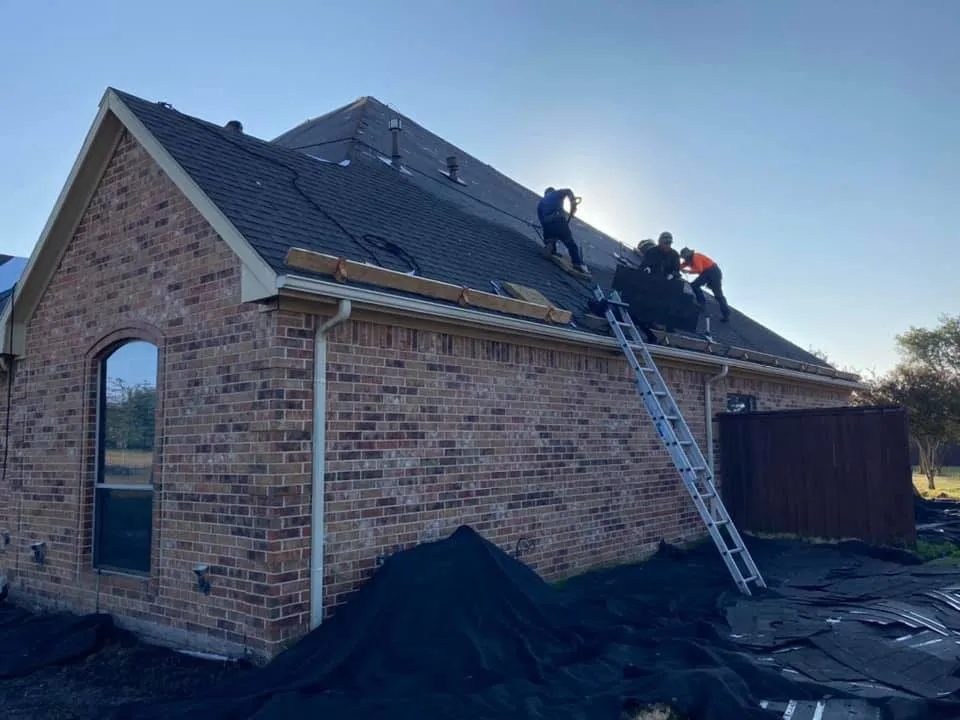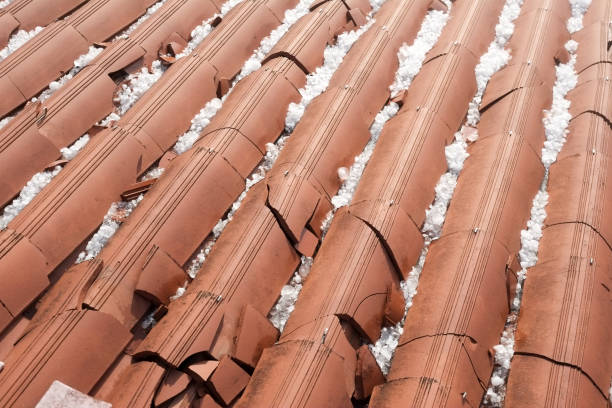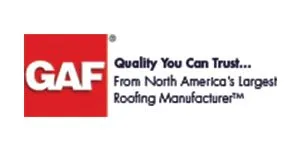
Dealing with storm damage in the Dallas-Fort Worth area can be overwhelming, especially if your insurance claim gets denied.
This guide explains why your claim was denied, what to do, and how the appraisal process works.
Read on to learn these and more.
If you have more questions about denied insurance claims, call 972-839-6834. We have a reputation for successfully documenting loss and working to turn around denied claims in Dallas-Fort Worth.
Roof insurance claims are denied in DFW because of:
If you were denied a hail claim, you have options that are defined by the Texas Department of Insurance and in your homeowners’ policy.
Here are steps you can take to contest the denial and potentially overturn the decision in the Dallas-Fort Worth area.
Once you receive a denial, be aware that you have a limited period to appeal the decision. The first step is to contact your insurance company to find out the deadline. To expedite the process, you must submit your appeal in writing and request a resolution date.

Following your appeal, the insurance company will likely send another adjuster for a second assessment. This is why having an experienced roofing contractor like SCR present is crucial—we provide an unbiased opinion on the damage.
SCR is a leading contractor for managing denied hail and storm damage claims in Dallas-Fort Worth. With a skilled team of former insurance adjusters, we handle denied hail damage claims to ensure you get fair compensation.
Call 972-839-6834 to contact our professionals.
SCR will gather as much evidence as possible to support your claim. This includes detailed photos of the damage, estimates for repairs, and any other documentation that proves the extent of the damage. This evidence will be crucial in convincing the insurance company or the appointed claims manager of the validity of your claim.
Has your claim been denied in the Dallas-Fort Worth area? Call 972-839-6834. We have a network of professionals (adjusters, accountants, architects, engineers, attorneys, etc.) who will help overturn the denied claim.
If you still can’t agree on the settlement, the insurance claim can go to appraisal. The appraisal process is a helpful way to sort out and fix problems with insurance claims. It allows you to challenge and settle disagreements about your claim.
An appraisal refers to a process to resolve disputes between insurers and policyholders regarding the value of a claim or the extent of damages.
This process involves both parties selecting competent and neutral appraisers who assess the property and damages to determine a fair valuation. If the appraisers cannot agree on a value, an umpire (a person unrelated to the policyholder or insurance company) is appointed to make a binding decision.
The appraisal serves as a contractual mechanism to settle valuation disagreements without resorting to litigation, offering a cost-effective and efficient resolution method.
Dealing with property damage can be a challenging ordeal for commercial property owners, especially when navigating the complexities of insurance claims.
Here is the appraisal process in the Dallas-Fort Worth region:
In Texas, as in many states, most commercial property insurance policies feature an appraisal clause. This clause is a critical tool for policyholders in dispute with their insurers over claim settlements or damage assessments. When you find the settlement offered by your insurer to be significantly lower than expected, or if the scope of damages assessed by the insurer differs from your evaluation, it’s time to consider invoking the appraisal clause.
Invoking the appraisal clause is a formal process designed to resolve disputes over the value of your claim.
The choice of an appraiser is a crucial step in the appraisal process. This individual should be a competent, neutral professional capable of accurately assessing the value of your property and the extent of the damages.
Disagreements between the policyholder’s and insurer’s appraisers are not uncommon. Should such a situation arise, an impartial umpire will be appointed to make a binding decision.
Call 972-839-6834 SCR to take a second look. We will document the damage as required and evaluate your circumstances.
The appraisal process can be a powerful avenue for disputing and resolving claim issues. However, the journey does not end with the appraisal award. Insurance companies may still attempt to deny a claim or delay payment. In such a case, consider hiring a bad-faith insurance lawyer.
When a hail storm hits DFW, it can leave a trail of damage. If you’re in Dallas or anywhere in Texas and find your property damaged by hail, it’s important to know how to file a claim with your insurance.
Below’s the insurance process for roof damage to make sure you have everything you need:
Check your insurance policy. You need to know a few key things:
Take clear photos of all the damage. If hail has caused leaks, include pictures of the water damage inside, too. You don’t need to climb onto your roof for these photos. If you have a professional check the damage, ask them for any pictures they take.
Before filing a claim, see if the repair costs exceed your deductible. If repairs cost less, it might not be worth filing a claim. Get an estimate from a trusted roofing contractor like SCR to understand the damage and repair costs better.
Be careful when choosing someone to fix your property. Make sure they have:
Here’s how to make the claim process smoother in DFW:
Filing a hail damage claim in DFW doesn’t have to be complicated. By understanding your insurance policy, documenting everything, and seeking the right help, you can navigate the process more easily. Remember, preparation and knowledge are your best tools in ensuring you get the coverage you deserve.
SCR is your go-to roofing contractor in DFW for expert handling of denied hail and storm damage claims. Our team, equipped with former insurance adjusters, excels in overturning hail damage claims, ensuring you’re fairly compensated.
Since our inception in 1998, we’ve built a reputation for excellence. We aid clients, from homeowners to large corporations, in overturning denied storm claims and securing fair settlements. Fully licensed and insured, we’re not just contractors but hail damage claim experts committed to your peace of mind.
Call 972-839-6834 for assistance in denied hail damage insurance claims. We ensure your claim is handled accurately and fairly, restoring your property to its pre-damage state.

To negotiate a hail damage claim, first document all damage with photos. Then, protect your property from further damage. Know your property’s damage details before the adjuster’s visit, and avoid giving recorded statements early on. Be prepared to negotiate, and don’t settle immediately. If needed, get legal advice to help with your claim.
When an insurance claim enters appraisal, it initiates a formal and binding process to resolve disagreements between the insurance holder and their insurer over the value of a loss or the extent of damages. This process is used when both parties cannot reach an agreement.
A property insurance claim might be denied if the damage results from intentional acts or deliberate behavior. Insurance policies are intended to cover unforeseen and accidental harm, not damage that is caused on purpose.
Roof claims can be denied for several reasons, primarily when the damage doesn’t align with the specific conditions of your homeowner’s insurance policy. This isn’t about insurance companies being unfair; it’s about the particulars of the damage not fitting the policy’s coverage criteria. Additionally, if the repair costs fall below your deductible, your claim might not be approved.











